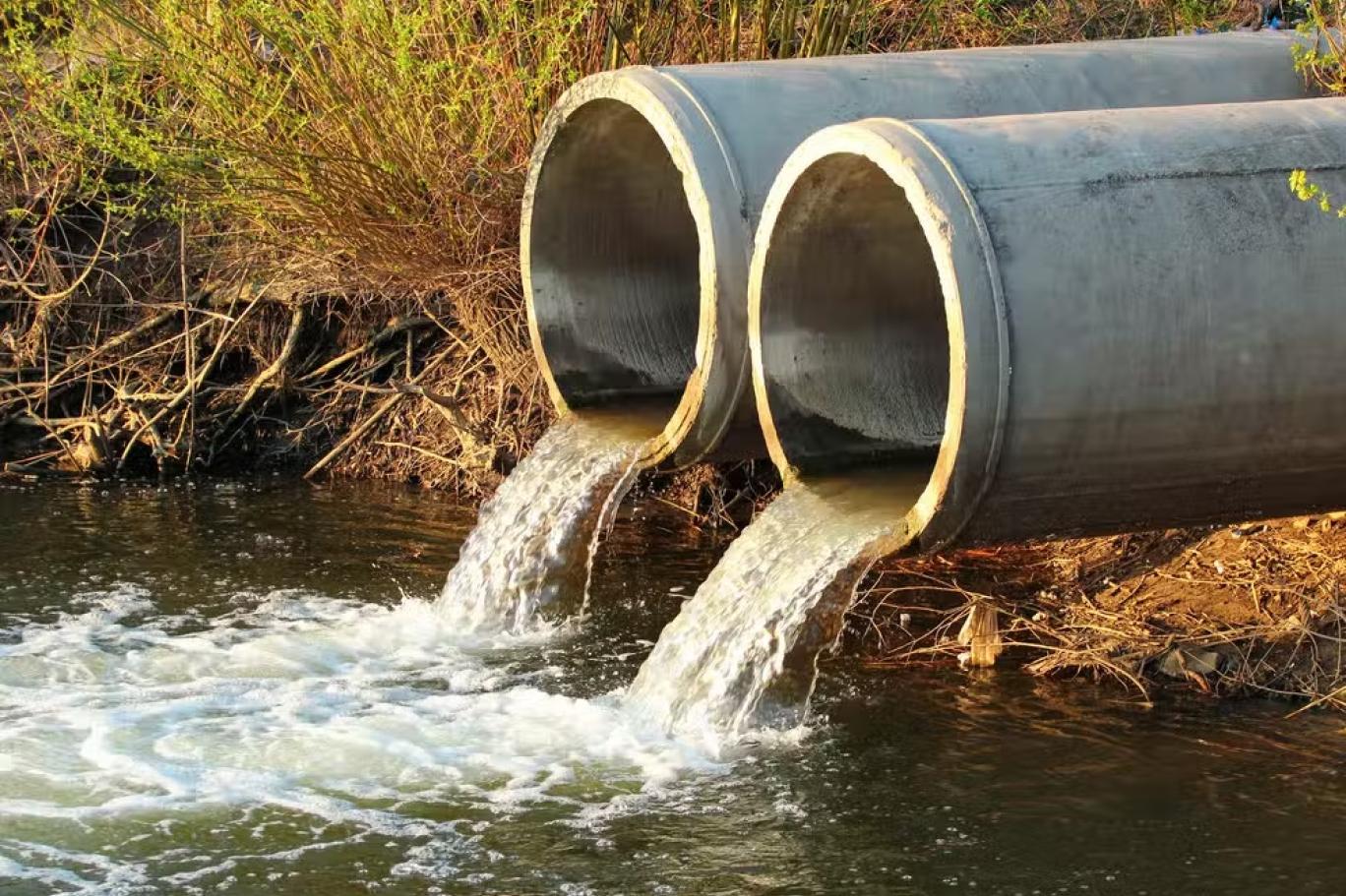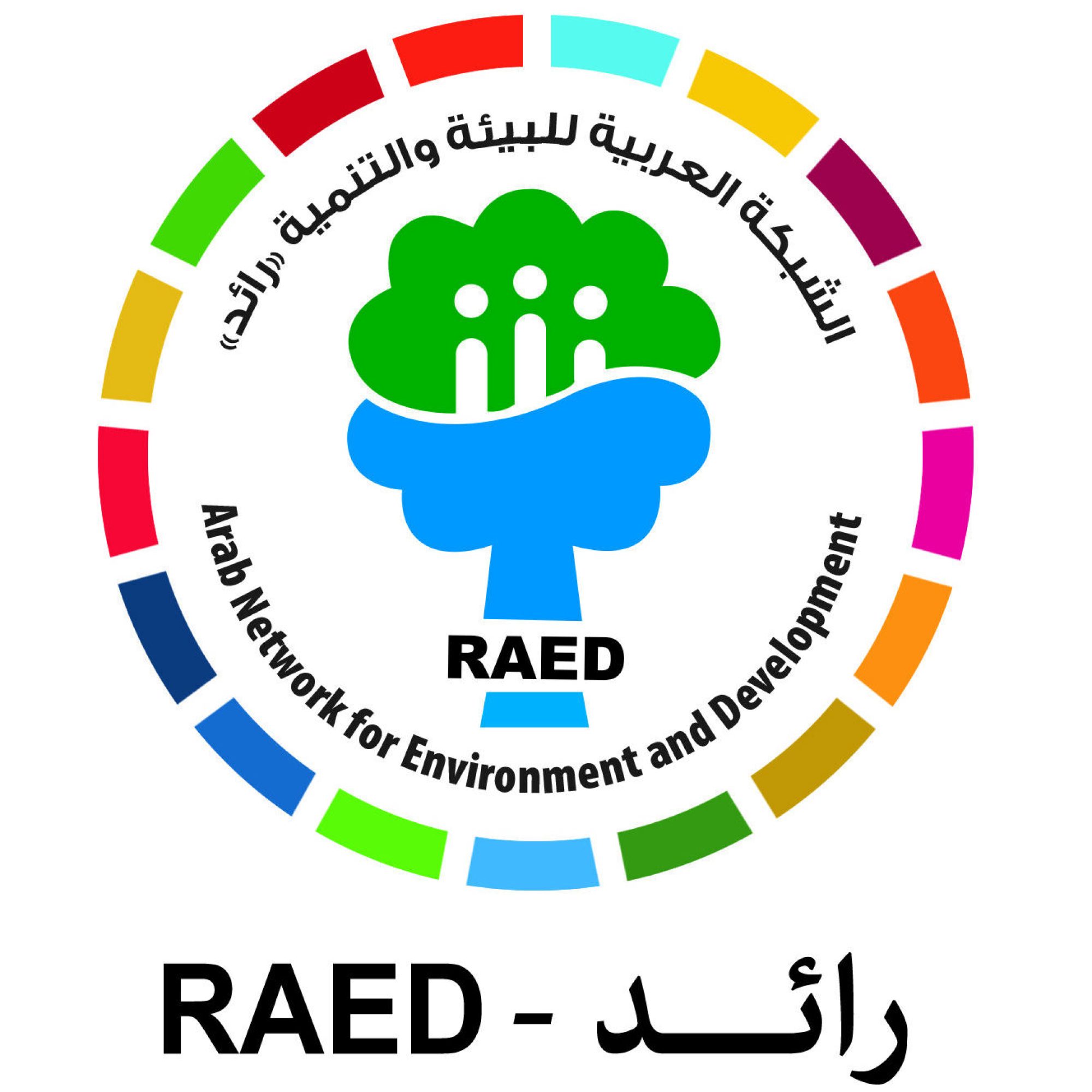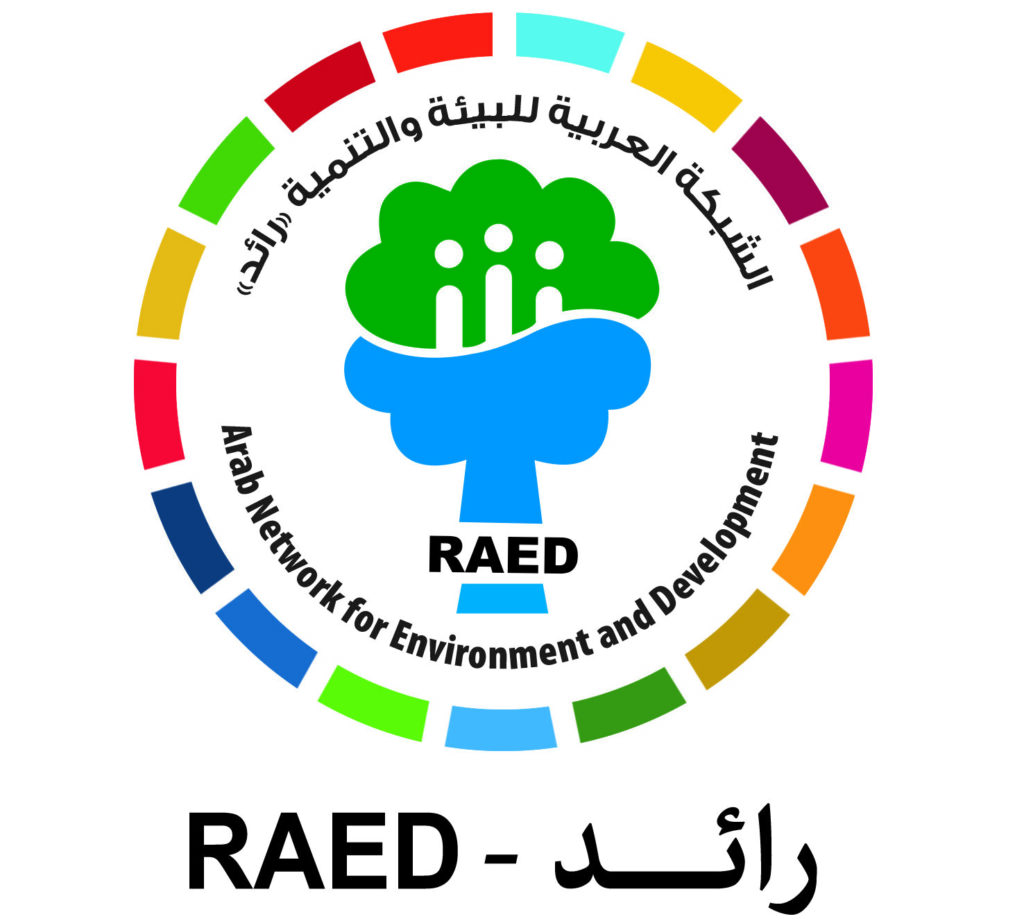
Sustainable Water Integrated Management (SWIM) Project
Overview
The Arab Network for Environment and Development (RAED) participated in the SWIM project through its membership in the coalition responsible for managing and implementing the program. Funded by the European Commission with a total budget of €22 million, the regional initiative aims to contribute to the effective implementation and widespread dissemination of sustainable water management policies and practices in the Southern Mediterranean region. This initiative addresses the increasing scarcity of water, growing pressures on water resources due to diverse users, desertification, and the impact of climate change.
The program consists of two components working together to support urgent reforms and innovative approaches to water management in the Mediterranean region with the goal of broad dissemination and replication. These two components are:
- A support mechanism with a budget of €6.7 million.
- Five demonstration projects funded with approximately €15 million.
The support mechanism is implemented by a consortium of nine international, regional, and national organizations, including RAED. As a key partner, RAED worked with experts from several Arab and Mediterranean countries to facilitate and activate the program’s operations across various sectors.
General Objective
The widespread dissemination of integrated and sustainable water management policies and practices across the Mediterranean region.
Project Description
Considering increasing water scarcity and pressure on water resources from multiple users, coupled with the aggravating problem of desertification due to climate change, the SWIM project implemented its activities through a support mechanism for Mediterranean countries. This mechanism focused on four axes and six work packages:
- Axes: Local governance, climate change adaptation measures, economic evaluation of water resources and non-conventional water resources.
- Work packages: Water governance and mainstreaming, capacity building, water management plans implementation, promotion of lessons learned and best practices, communication strategy development and support for demonstration projects.
Through the project, Southern Mediterranean countries engaged in restructuring the water sector by integrating government and non-government stakeholders, as well as funders. RAED, as a project partner, coordinated with its members in Arab Mediterranean countries to enhance project implementation in their respective countries and support various project activities. RAED also provided non-core experts and hosted the project management office, handling the translation and review of all Arabic-language media materials. Additionally, RAED disseminated project updates, technical bulletins and monthly reports to its members via email and through its monthly environmental forum newsletter.
Implementation Sites
Algeria, Libya, Morocco, Egypt, Tunisia, Jordan, Lebanon, and Palestine.
Partners
- LDK Consultants
- Global Water Partnership – Mediterranean (GWP-MED)
- Arab Countries Water Utilities Association (ACWUA)
- Royal Haskoning DHV
- Ministry of Environment, Energy and Climate Change of Greece
- Ministry of Energy and Water of Lebanon
- Ministry of Agriculture, Water Resources and Fisheries of Tunisia
- Austrian Environment Agency
Funds
European Commission
Project Duration
The project began in 2010 and concluded in 2015.
Project Results
The SWIM project carried out activities covering priority areas with varying depths of engagement. These areas included promoting non-conventional water resources management, financing water projects, assessing the economic impact of water quality degradation, contributing to climate change adaptation planning, and supporting water governance.
The project helped integrate sustainable water management approaches into regional and national development policies. It also provided in-depth studies on selected aspects of water resource management, including lessons learned from the application of the EU Water Framework Directive. Additionally, SWIM contributed to awareness-raising activities and capacity-building initiatives for decision-makers, mid-level managers and key stakeholders. The project identified and disseminated best practices and assisted demonstration project leaders in implementing more sustainable water consumption models to address both current and future challenges.

